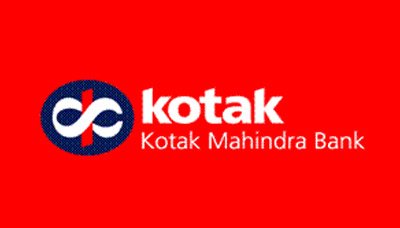

NEW DELHI, August 31, 2016 /PRNewswire/ —
The Company Answers the Queries of Expats in India on Employment or Business
India being one of the fastest growing economies in the world, MNCs across the globe want to set up a business or put their representatives in India. Important question is what are the regulations for the same and its tax implications: answers by Neeraj Bhagat & Co. http://neerajbhagat.com/wp-content/uploads/2016/06/Decoding-Expat-Taxation.pdf
Being a foreigner what are the requirements for an expat coming to India on employment or business purpose?
The first requirement for an expat is to apply for work permit, i.e., employment visa (E-visa) or business visa. An employment visa will be granted to a foreign national if his or her salary exceeds US$25,000 per annum. The salary threshold of US$25,000, however, does not apply to ethnic cooks, language teachers (other than English teachers), translators and staff working for the concerned embassy or the High Commission in India. It is initially valid for one year, which can subsequently be extended at the local FRRO office.
Unlike employment visas, business visa applicants usually work on behalf of a foreign company for a limited time and won’t be working for a local employer. The business visa is for entrepeneurs or investors wishing to set up a business, purchase or sell industrial products, or establish business ties with a company in India.
What should an expat do soon after arriving in India?
Firstly, expats who have a visa that’s valid for more than 180 days (and/or those who intend to stay in India for more than 180 days) will need to register with the Foreigners’ Regional Registration Office (FRRO) within 14 days of arrival to receive a residential permit.
Simultaneously, a person who is liable to pay taxes in India must apply for a tax registration number i.e. Permanent Account Number (PAN) with the Indian Income Tax Authorities in Form 49AA as applicable together with the prescribed documents.
It can be applied online using below link: https://tin.tin.nsdl.com/pan/form49AA.html
Instructions and documents required for PAN application are provided in below link. https://tin.tin.nsdl.com/pan/Instructions49AA.html#instruct_documents
What are the tax compliances an expat must follow?
An expat is liable to pay taxes in India based on his/her tax residency during a fiscal year. Tax residency is dependent on the stay of that person in India, irrespective of the purpose of such stay. Salary income/ remuneration earned by an individual for services rendered in India during the assignment period is taxable in India (irrespective of where the payment has been received).
An individual who is resident of a country with which India has entered into DTAA (i.e., Double Taxation Avoidance Agreement) could avail the treaty benefits to either eliminate taxation in one of the countries or avail credit of taxes paid in the country of residence. http://neerajbhagat.com/wp-content/uploads/2016/06/Decoding-Expat-Taxation.pdf
Filing tax return: The due date for filing the India tax return is 31st July following the end of every fiscal year. The return can be filed either manually or electronically using the link http://www.incometaxindia.gov.in/Pages/default.aspx .
An expat can seek further answers to questions:
Can an expat use tax planning to accelerate or defer residence? http://neerajbhagat.com/wp-content/uploads/2016/06/Decoding-Expat-Taxation.pdf
Is there any other regulatory compliance an expat must follow? http://neerajbhagat.com/wp-content/uploads/2016/06/Decoding-Expat-Taxation.pdf
At the time of departure: Employee is required to furnish with the income tax authorities, an undertaking from the employer to the effect that the tax payable by the employee shall be paid by the employer. This undertaking is required to be presented to the immigration authorities at the time of departure from India.
Neeraj Bhagat & Co. : Guidelines for Expats to Set up Business in India





